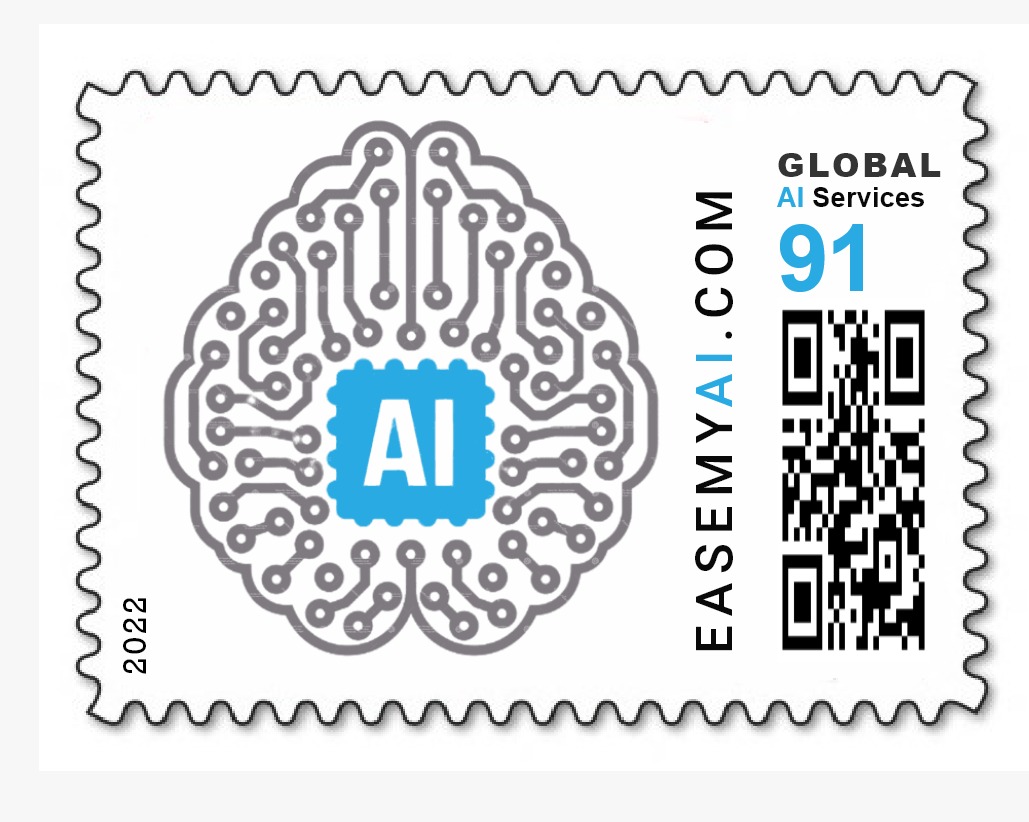What is Artificial Intelligence
In your mind, how many times have you asked yourself: What is artificial intelligence? Let’s begin with a very simple analogy to understand Artificial Intelligence.
Working with AI is as good as parenting a child. Consider a pretty baby girl is born to a cute couple. When she is born, she knows nothing. The parents teach her that “Dear this is ‘a’, ‘b’, ‘c’. This is a fruit. You should stop when the signal shows red for people. When there is an obstacle in front of you, you should change your direction or move the obstacle”.
AI and robots are ancient Greek concepts – See here
Over time, she learns new things, sometimes with her parent’s help, sometimes on her own(machine learning). She begins anticipating and completing their statements based on past experiences. She knows, she will be punished for doing something wrong.
A computer system/device is the child, and we humans are its parents. We teach the skills of human beings to machines. We train the machines and give them their artificial intelligence.
Now, machines can identify things, learn, predict and mimic humans. These thinking machines have Artificial Intelligence. I think now you are ready for the technical definition of artificial intelligence.
Artificial Intelligence (AI) is the ability of computers to do things that are considered attributes of intelligence i.e. computers possess the ability to process language, understand pictures, perceive the environment, learn from the past, reason, etc.
Categories of AI
Weak AI
Narrow AI is also known as Weak AI. Weak AI can only perform specific tasks rather than possess full cognitive abilities like humans. Only Narrow AI exists today.
Some examples are – digital voice assistants, recommendation engines, search engines, chatbots, etc.
Strong AI
Strong AI is also known as Artificial Generalized Intelligence. It is only theoretical currently. Strong AI means the machines will have minds of their own. They will not need programming inputs. They can complete any task using their decision-making skills and full human cognitive abilities. The machine can feel, think, reason, remember, and act on its own. Machines behave like humans. Also, they can solve problems in a generalized way using their intelligence instead of performing some specific tasks only.
Super AI
There are no clear examples of strong artificial intelligence. Thankfully, the field of AI is rapidly innovating. A new AI theory has emerged, known as artificial superintelligence (ASI), superintelligence, or Super AI. This type surpasses strong AI in human intelligence and ability. However, Super AI is still purely speculative as we still have to achieve examples of Strong AI.
To create your own AI models – Click here
Author:

